Best movies & TV Shows like World War II: The Price Of Empire
A unique, carefully handpicked, selection of the best movies like World War II: The Price Of Empire . If you liked World War II: The Price Of Empire then you may also like: The Bridge on the River Kwai, Letters from Iwo Jima, The Secret of Santa Vittoria, The Singing Revolution, The Long Way Home and many more popular movies featured on this list. You can further filter the list even more or get a random selection from the list of similar movies, to make your selection even easier.
This is the story of two wars fought at the same time on opposite ends of the globe, often mislabeled as a single war: The Second World War. These conflicts remade our world in just a few decades. A story of how the rise and fall of great powers, from Nazi Germany to Imperial Japan, recast nations into those who could afford, and those that could not afford The Price of Empire.
You may filter the list of movies on this page for a more refined, personalized selection of movies.
Still not sure what to watch click the recommend buttun below to get a movie recommendation selected from all the movies on this list
Letters from Iwo Jima
The story of the battle of Iwo Jima between the United States and Imperial Japan during World War II, as told from the perspective of the Japanese who fought it.
The Secret of Santa Vittoria
During World War II, Italian villagers hide their wine from the German army.
The Singing Revolution
Most people don't think about singing when they think about revolutions. But song was the weapon of choice when, between 1986 and 1991, Estonians sought to free themselves from decades of Soviet occupation. During those years, hundreds of thousands gathered in public to sing forbidden patriotic songs and to rally for independence. "The young people, without any political party, and without any politicians, just came together ... not only tens of thousands but hundreds of thousands ... to gather and to sing and to give this nation a new spirit," remarks Mart Laar, a Singing Revolution leader featured in the film and the first post-Soviet Prime Minister of Estonia. "This was the idea of the Singing Revolution." James Tusty and Maureen Castle Tusty's "The Singing Revolution" tells the moving story of how the Estonian people peacefully regained their freedom--and helped topple an empire along the way.
The Long Way Home
The story of the post World War II Jewish refugee situation from liberation to the establishment of the modern state of Israel.
Don't Panic Chaps!
During World War II, four British soldiers are commissioned to set up an observation post on a seemingly deserted island in the Mediterranean. However, while surveying the island, the Brits come across four German soldiers holed up in a monastery. The Brits and the Germans agree to a truce, sharing the monastery together until either the British or German troops arrive. But when a shipwrecked Slavic girl ends up on the island, a battle over her erupts amongst the men.
D-Day 6.6.1944
On June 6th, 1944 the largest military invasion and defence the world has ever seen occurred. D-Day tells the epic story of the preparation and execution of the Allied invasion of Normandy. It tells the story of the defence of the Western Front by the forces of the German Empire, and of the complex and deadly secret war fought by the men and women of France and mainland Europe. D-Day brings to life the dramatic and astounding tales of courage and sacrifice, joy and despair, love and betrayal. The planning for the Allied invasion on June 6th 1944 took two years and cost thousands of lives. It involved a deception of breathtaking audacity. Both the preparation leading up to and the actions and events on the day itself relied on the absolute discretion of many and the genius and nerve of a few. D-Day examines the intricate jigsaw from both sides - presenting events through the eyes of the men and women who were there, telling their extraordinary stories.
Winston Churchill: A Giant in the Century
A new look at the public and private life of one of the most important statesmen in the history of Europe: Winston Churchill (1874-1965), soldier, politician, writer, painter, leader of his country in the darkest hours, winner of the Nobel Prize in Literature, a myth, a giant of the 20th century.
Memories of a World War II Hero: Captain Brown's Story
Tells the story of probably the world's greatest pilot through an extensive and in-depth interview: Capt Eric "Winkle" Brown CBE, DSC, AFC. From his flight with WW1 German fighter ace Ernst Udet in 1936 through to commanding a squadron of Buccaneers at the height of the Cold War, we hear how "Winkle" Brown experienced the rise and fall of Nazism; how he flew the most dangerous, uncontrollable aircraft, how he cheated death countless times.
The Day Hitler Died
The story of Hitler’s final hours told by people who were there. This special features exclusive forgotten interviews, believed lost for 65 years, with members of Hitler’s inner circle who were trapped with him in his bunker as the Russians fought to take Berlin. These unique interviews from figures such as the leader of the Hitler Youth Artur Axmann and Hitler’s secretary Traudl Junge, have never before been seen outside Germany. Using rarely seen archive footage and dramatic reconstruction, this special tells the story of Adolf Hitler’s final days in his Berlin bunker.
The Eagle and the Lion: Hitler vs Churchill
Winston Churchill, one of the most revered men of the twentieth century. Adolf Hitler, one of the most hated leaders in contemporary history. Between 1940 and 1945, these two enormously contradictory personalities faced each other in both politics and war. A clash of giants whose story begins in the trenches of the World War I and ends with the debacle of the World War II.
National Geographic: Untold Stories of World War II
Showcases 3 major events during World War 2 involving both the Europeans & Pacific conflicts. The Raids to destroy Nazi Germany's heavy water production based in Norway, plus the final desperate act to deny them what had already been stockpiled. The Japanese midget submarines role and participation in the attack on Pearl Harbor, December 7, 1941. What they achieved plus what was their ultimate fate. The attacks on United States warships in the Pacific late in World War 2 by the Japanese Kamikaze and Okha Squadrons. The Kamikaze attacks were in whatever planes the Japanese forces were able to gather. The Okha attacks were made in specially built flying bombs that were towed by larger and usually slower aircraft that were not suitable for fighter work.
Japan's War In Colour
Using never-before-seen footage, Japan's War In Colour tells a previously untold story. It recounts the history of the Second World War from a Japanese perspective, combining original colour film with letters and diaries written by Japanese people. It tells the story of a nation at war from the diverse perspectives of those who lived through it: the leaders and the ordinary people, the oppressors and the victims, the guilty and the innocent. Until recently, it was believed that no colour film of Japan existed prior to 1945. But specialist research has now unearthed a remarkable colour record from as early as the 1930s. For eight years the Japanese fought what they believed was a Holy War that became a fight to the death. Japan's War In Colour shows how militarism took hold of the Japanese people; describes why Japan felt compelled to attack the West; explains what drove the Japanese to resist the Allies for so long; and, finally, reveals how they dealt with the shame of defeat.
Empire of the Summer Moon
Two epic stories of an incredible saga. In 1836, Cynthia Ann Parker, a lovely nine-year-old girl with cornflower-blue eyes, gets kidnapped by Comanches from the far Texas frontier. She then grows to love her captors and becomes infamous as the "White Squaw", a pioneer woman who refused to return until her tragic capture by Texas Rangers in 1860. Her mixed-blood son, Quanah, succeeds her and becomes the last and greatest chief of the Comanches. Their legacy is wrapped around the rise, and ultimately, the fall of the most powerful Indian tribe in American history, battling a war spanning four decades, holding up the development of the new American nation. In a beautiful tale encompassing Spanish colonialism, the Civil War, the destruction of the buffalo herds, and the arrival of the railroads, is the war of the Comanches.
Black Dragons
It is prior to the commencement of World War II, and Japan's fiendish Black Dragon Society is hatching an evil plot with the Nazis. They instruct a brilliant scientist, Dr. Melcher, to travel to Japan on a secret mission. There he operates on six Japanese conspirators, transforming them to resemble six American leaders. The actual leaders are murdered and replaced with their likeness.
Empire
Empire is a major five-part series presented by Jeremy Paxman. It tells the story of the British Empire in a new way, tracing not only the rise and fall of the empire but also the complex effects of the empire on the modern world – political, technological and social – and on Britain.
Changi
Six young Australians go to war, full of confidence and bravado. They land in Singapore in 1942, just in time for surrender. With 15,000 others, they are marched off to Changi prison camp. Together, the six boys survive three and a half years of incarceration. Almost sixty years later, the six prepare to get together for what may be their last hurrah.
The Third Reich: The Rise & Fall
An intimate, authentic portrait of Hitler's Germany as recorded by the people who lived it. Never-before-seen home movies, Nazi propaganda films and personal recollections culled from German's diaries, journals and letters provide a rare look inside the darker pages of world history.
Apocalypse: The Rise of Hitler
Adolf Hitler (1889-1945) was a mediocre who rose to power because of the blindness and ignorance of the Germans, who believed he was nothing more than an eccentric dreamer. But when the crisis of 1929 devastated the economy, the population, fearful of chaos and communism, voted for him. And no one defended democracy. As the dictatorship extended its relentless shadow, the leader claimed peace, but was preparing the Apocalypse.
Queen Victoria's Empire
At the time of Queen Victoria’s birth in 1819, England was an agrarian society. Within a few short decades, this small island nation would be transformed into an industrial superpower, with an empire spanning the globe.
The Man in the High Castle
Explore what it would be like if the Allied Powers had lost WWII, and Japan and Germany ruled the United States. Based on Philip K. Dick's award-winning novel.
The World's War: Forgotten Soldiers of Empire
British historian David Olusoga, along with other historians, narrates the story of millions of Indian, African and Asian troops who fought and died alongside French and British troops to help win the war against Germany, Austro-Hungary and the Ottoman Empire.
End of Empire
End of Empire chronicles the last days of British rule around the globe, through the remarkably candid reminiscences of both colonisers and the colonised. The series, a Granada Television production, uses old newsreel film and interviews with former British and colonial officials. Narrated by Robin Ellis.
Hitler's Circle of Evil
Surviving power struggles, betrayals and plots, Hitler's inner circle of Nazi leaders seizes control of Germany and designs its disastrous future.
Japan: Memoirs of a Secret Empire
Commanding shoguns and samurai warriors, exotic geisha and exquisite artisans—all were part of the Japanese “renaissance”; a period between the 16th and 19th Centuries when Japan went from chaos and violence to a land of ritual refinement and peace. But stability came at a price: for nearly 250 years, Japan was a land closed to the Western world, ruled by the Shogun under his absolute power and control. Japan: Memoirs of a Secret Empire brings to life the unknown story of a mysterious empire, its relationship with the West, and the forging of a nation that would emerge as one of the most important countries in the world.
World War Two
Follow the deadliest conflict in human history in real time, week by week, blow by blow.
The Fatal Conflict: Judea and Rome
An exploration of the tumultuous life of King Herod the Great, as well as the rise and fall of the kingdom of Judea under the Roman Empire, through the words of Titus Flavius Josephus, a Romanized Jewish historian.
Hitler's Propaganda Machine
Power, terror, performance. These notions define our perception of Adolf Hitler and the Nazi Party at the height of the Third Reich. But behind these impressions Hitler was a rather ordinary man. This compelling new series tells the story of one of the most comprehensive, wide-reaching, and successful marketing campaigns in modern history. It describes in a whole new way the rise of Adolf Hitler.
World on Fire
The story of World War II told through the intertwining fates of ordinary people from all sides of this global conflict as they grapple with the effect of the war on their everyday lives.
World War II: Battles Won and Lost
This sweeping World War II series examines the outcome of battles fought in every major theater. It shows that these battles were decided by strategy and by which armies could capitalize on the terrain or gain better access to supplies. Whether waged by the Allies or by Hitler and the Axis powers, victory or defeat could determine possession of territory, resources, or the will to go on fighting.
Rise of the Nazis
How did 20th Century Europe's most liberal democracy fall into the hands of fascists? From Hitler's political scheming that turned Germany's parliament into a House of Cards, his War on Truth leading to book burning, and his scapegoating of minorities, this series explores in extraordinary detail the events leading up to the outbreak of World War II.
The Battle of Britain: 3 Days That Saved the Nation
Dan Snow and Kate Humble present a three-part guide to the critical aerial battle that changed the course of the Second World War, featuring personal stories of pilots, ground crews and members of the public. The first episode tracks the first skirmishes of the three-day battle,as the Luftwaffe began an all-out assault to rid Britain of air power prior to a land invasion. The first skirmishes were being tracked by a 19-year-old WAAF member in a secret London bunker, and her secret diaries provide fresh insight into the strategies behind the aerial combat.
How to Become a Tyrant
The documentary series explores different political figures throughout history.
The Murdochs: Empire of Influence
Featuring exclusive reporting from The New York Times, interviews with people who worked inside the Murdoch companies, and decades of rich archival footage, this six-part series goes behind the scenes of the improbable rise of a media tycoon, his outsized influence around the globe, and the intense succession battle between his children over who will inherit his throne. Cinematic and thrilling, The Murdochs: Empire of Influence charts the high-stakes deal making, political maneuvering, and dynastic betrayals – and how the ambitions of one family birthed one of the largest media empires in history.
Prelude to War
Prelude to War was the first film of Frank Capra's Why We Fight propaganda film series, commissioned by the Pentagon and George C. Marshall. It was made to convince American troops of the necessity of combating the Axis Powers during World War II. This film examines the differences between democratic and fascist states.

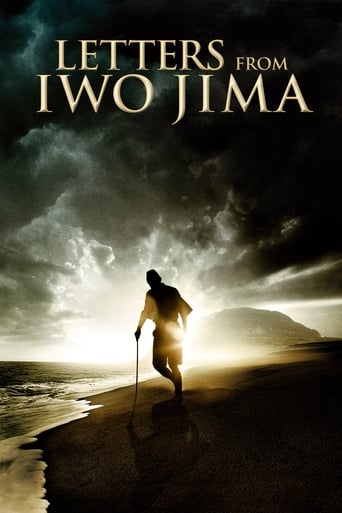


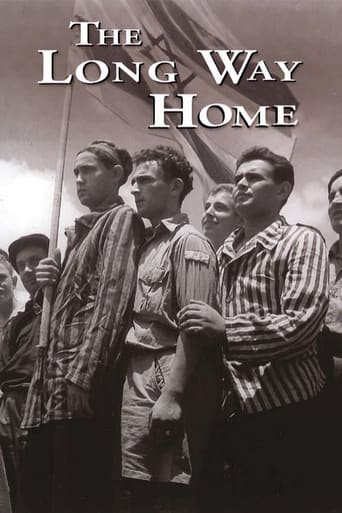
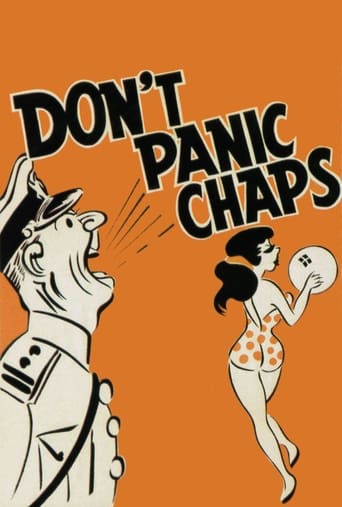

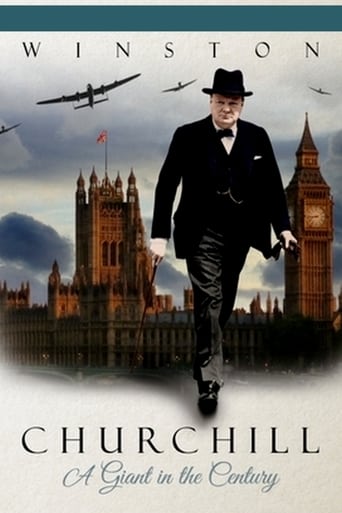

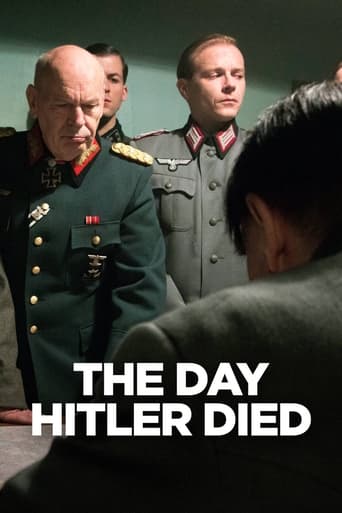
























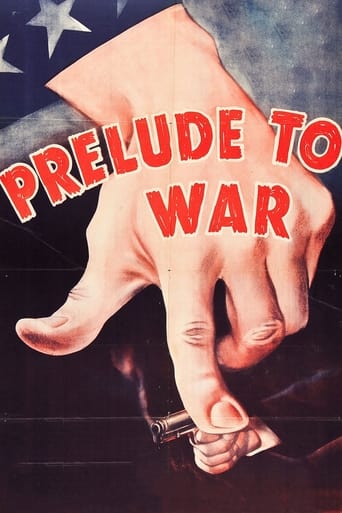
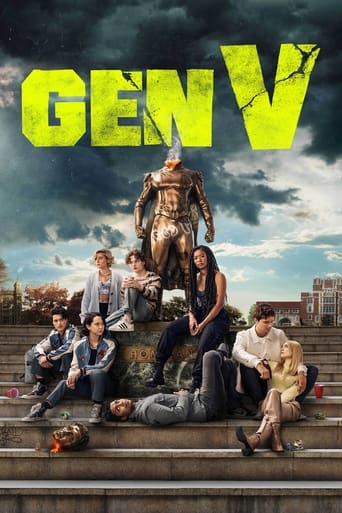

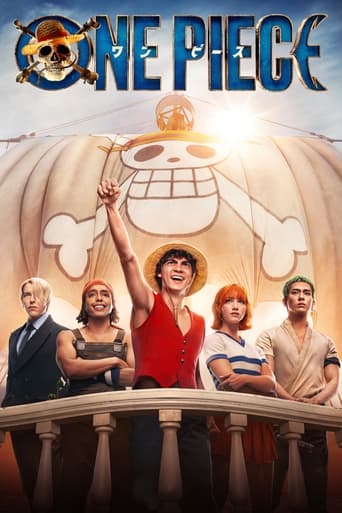
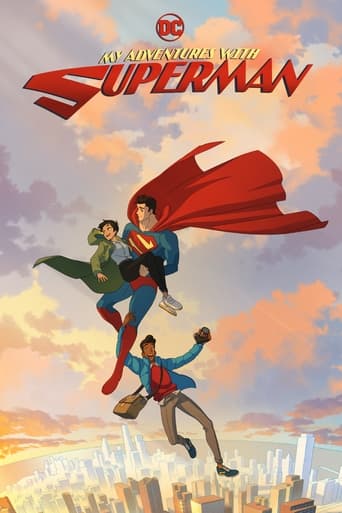
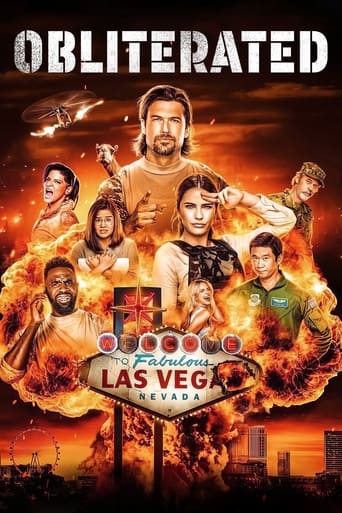
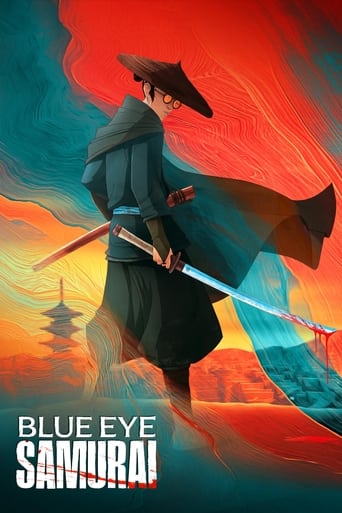
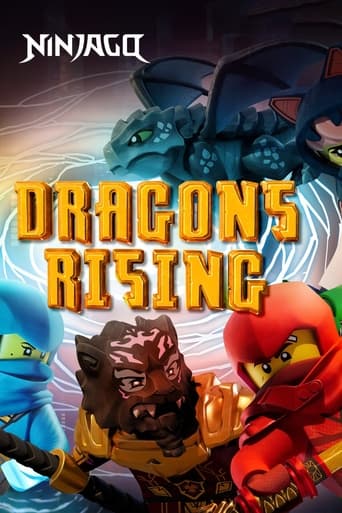
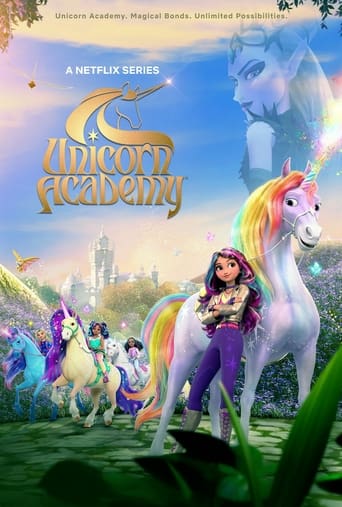



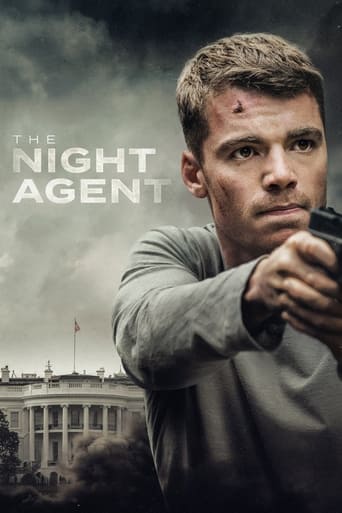
The Bridge on the River Kwai
The classic story of English POWs in Burma forced to build a bridge to aid the war effort of their Japanese captors. British and American intelligence officers conspire to blow up the structure, but Col. Nicholson , the commander who supervised the bridge's construction, has acquired a sense of pride in his creation and tries to foil their plans.